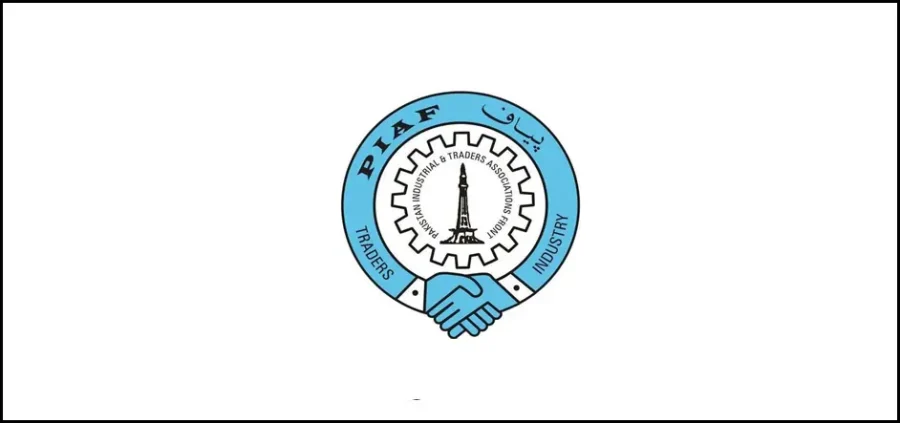Chairman Pakistan Industrial and Traders Associations Front (PIAF) Chairman Faheemur Rehman Saigol has said that the trade and industry have adversely affected due to the aggressive economic measures, high borrowing rates, inflation, oppressive taxation and unstable currency as many were forced to close their operations.
In a joint statement along with senior vice chairman Nasrullah Mughal and vice chairman Tahir Manzoor Ch, he observed that the ever-increasing cost of production in the country is the real threat to both large-scale manufacturing and small-scale businesses, as frequent upward revisions in policy rate and continuous fluctuations in rupee against dollar are posing further challenges.
The PIAF office bearers said that the government does not have any pragmatic plan to address this liability, apart from asking for more loans to repay existing debt. Likewise, the target for current financial year’s exports is too low to meet the country’s revenue.
According to the data, the pace of growth in LSM industries is suffering because of restrictions imposed on imports that have caused a shortage of imported raw material. The steep currency devaluation has also made raw material expensive and business models unviable.
The International Monetary Fund (IMF) assessed that the pace of negative growth in big industries could have been slower had the government not imposed restrictions on imports. The central bank has issued the guidelines to commercial banks about the allocation of foreign currency for import purposes.
Faheem Saigol said that the LSM trend indicates that this year that the overall Gross Domestic Product (GDP) growth rate may remain around 1% due to the shutdown of industries and adverse impact of the devastating floods on the agriculture sector. The government had targeted economic growth of 5.1% in the current fiscal year but the latest estimates – both by the IMF and the federal government – indicate that growth will be marginally in the positive territory.
Since large industries contribute heavily to revenue collection and job creation, any change in their growth impacts the government and business sentiment across the board. The businesses are also facing demand for advance income taxes from the Federal Board of the Revenue (FBR), coupled with a slow release of genuine refunds (from non-exporting sectors).
The LSM sector contributes nearly one-tenth to total national output, however, a constant decline in the share and growth of LSM may cause a lot of problems for the government already struggling to create new jobs.










